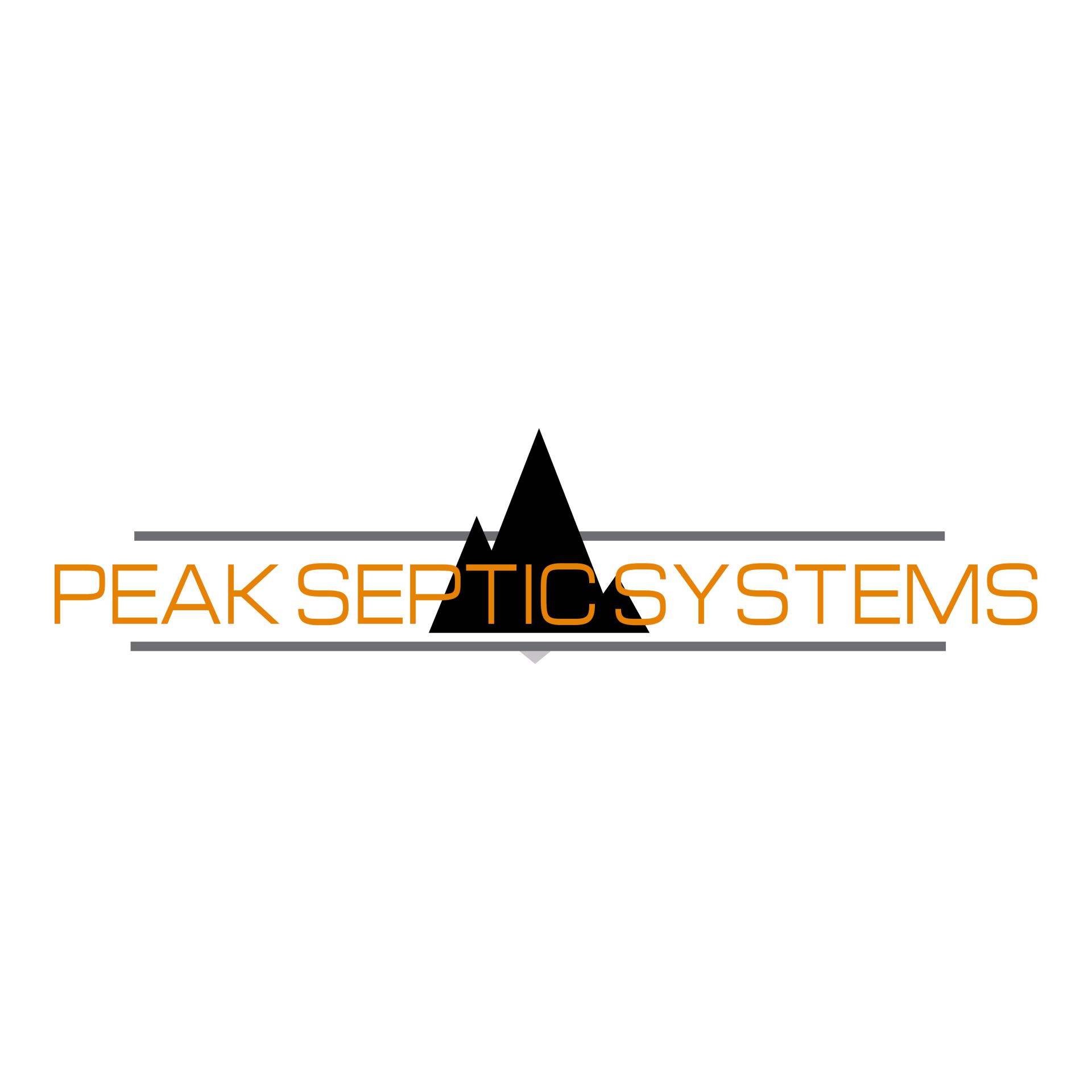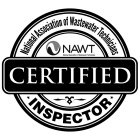When wastewater leaves a home it travels down a main sewer line where it will make its way to a septic tank, which is comprised of two chambers. Once wastewater is in the septic tank it will begin its separation process in the first chamber. During this time, all fats, grease, oil, and suspended solids will float to the top of the tank, which is known as the scum layer. Heavier solids will sink to the bottom, also referred to as the sludge layer. The area in between the scum and sludge levels is called the effluent layer. The effluent layer travels to the second chamber. From the second chamber the effluent will travel out the septic tank through the outlet pipe and make its way to a distribution box. Once the effluent is in the distribution box it is evenly distributed among the Soil Treatment Area, also known as the leach field. The leach field is responsible for the final treatment of the effluent. The micro organisms in the soil consume any harmful pathogens that are within the effluent as it percolates into the soil and eventually makes its way back into the water table.
There are several different types of Onsite Wastewater Treatment Systems (OWTS). To learn more about the other different types of systems used to treat wastewater please visit the following link:
Different Types of Septic Systems
The Do’s and Dont’s of a Septic System
By understanding how to use your septic system properly you can increase the number of years your system operates efficiently, and can avoid behaviors that will adversely effect your system and potentially even cause it to fail.
Do’s
-Get your septic tank pumped out regularly. If you do not pump your tank regularly the scum and sludge levels are left to build up for too long. They will eventually be able to travel out of the septic tank and into the leach field. This will clog the soil and prevent any effluent from being absorbed and treated.
-Clean any effluent filters present in the septic system regularly. If ignored the filter will clog and effluent will no longer be able to leave the septic tank.
-Keep the vegetation over the leach field mowed down
Dont’s
-Drive or park any vehicles or large equipment over the septic system. This also includes livestock. Riding lawn mowers are allowed to be driven over the leach field.
-Plant any trees or bushes over the leach field or near the septic tank.
-Install a sprinkler system near the leach field or allow any runoff to be diverted over the field. The excess water will over saturate the soil and cause premature failure
-Dispose of anything down a toilet other than human waste and toilet paper. Everything else should be discarded in a trash can
-Use a garbage disposals excessively. Discard kitchen scraps in a trashcan as much as possible.
-Use harsh cleaning chemicals excessively such as bleach and drain cleaners.





